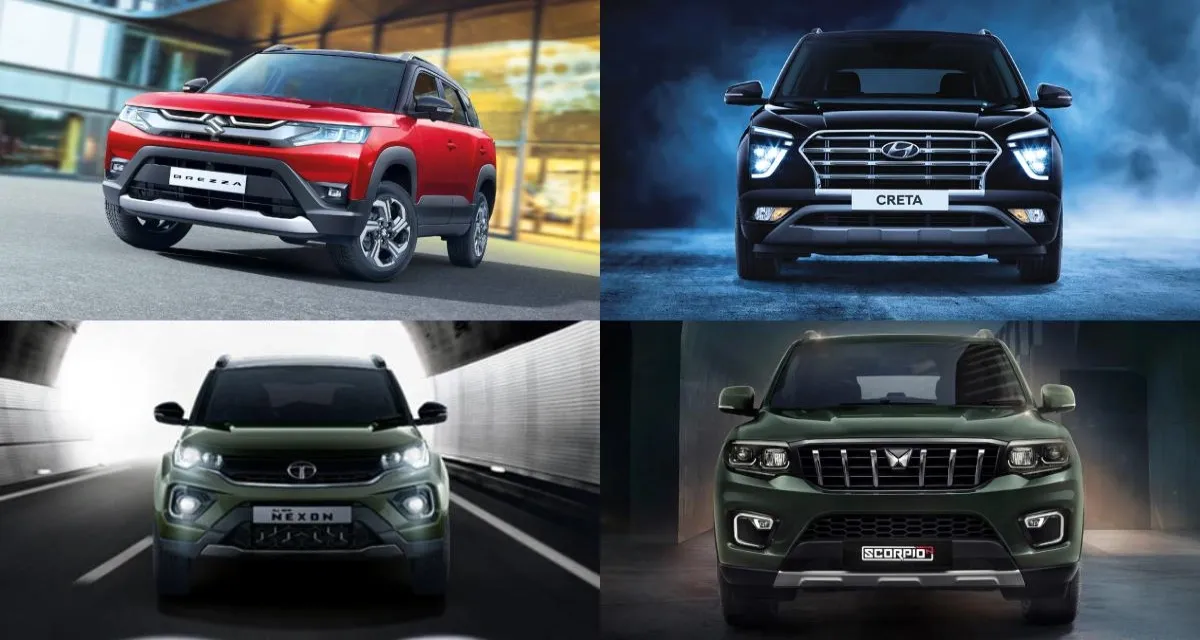

Maruti Suzuki India has continued to lead the car retail market in India during the year 2023-24. This company has set a new record for vehicle sales in the automotive industry. The company saw a significant growth of 8.45% year-on-year, reaching a milestone of 3,948,143 units. These statistics are driven by various factors including easy vehicle availability, improved brand deals, and the introduction of new models.
Maruti Suzuki's retail sales stood at 1,605,264 units in FY24, showcasing growth compared to the previous year. Despite this positive trend, the company's market share marginally slipped to 40.66%.
Also Read: Tech-Advanced 5 Seaters Cars with Cutting-Edge Features
Tata Motors has also made significant progress in narrowing the gap with Hyundai Motor India in the PV segment. Hyundai and Tata went head-to-head, with Hyundai selling 561,371 units and Tata retailing 538,264 units in FY24. The competition between these two manufacturers intensified as Tata's market share grew substantially from 13.52% in FY23 to 13.63% in FY24. While on the other hand, Hyundai's market share experienced a slight decline to 14.22%.
Mahindra & Mahindra showcased a strong performance in the PV segment, with retail sales rising from 326,213 units in FY23 to 424,570 units in FY24. This growth propelled Mahindra's market share to 10.75% in FY24 from 8.96% in the previous year.
In contrast, Kia Motors faced a challenging year, with its sales declining to 225,539 units in FY24, compared to 235,435 units in FY23. The company's market share also decreased to 5.71% in FY24 from 6.47%.
Overall, FY24 marked a milestone year for the PV segment in India. In this year, various manufacturers making strategic advancements to enhance their sales performance and market presence.
Also Read: 1. 7 Seater Tata Cars: Pros, Cons, and Why You Should Buy It? 2. Maruti Brezza, Hyundai Venue, and Tata Nexon Face Highest Waiting Period in April 2024 3. Tesla’s Low-Cost Car Launch Postponed Due to Manufacturing Difficulties